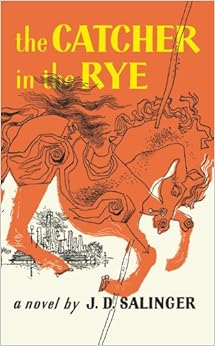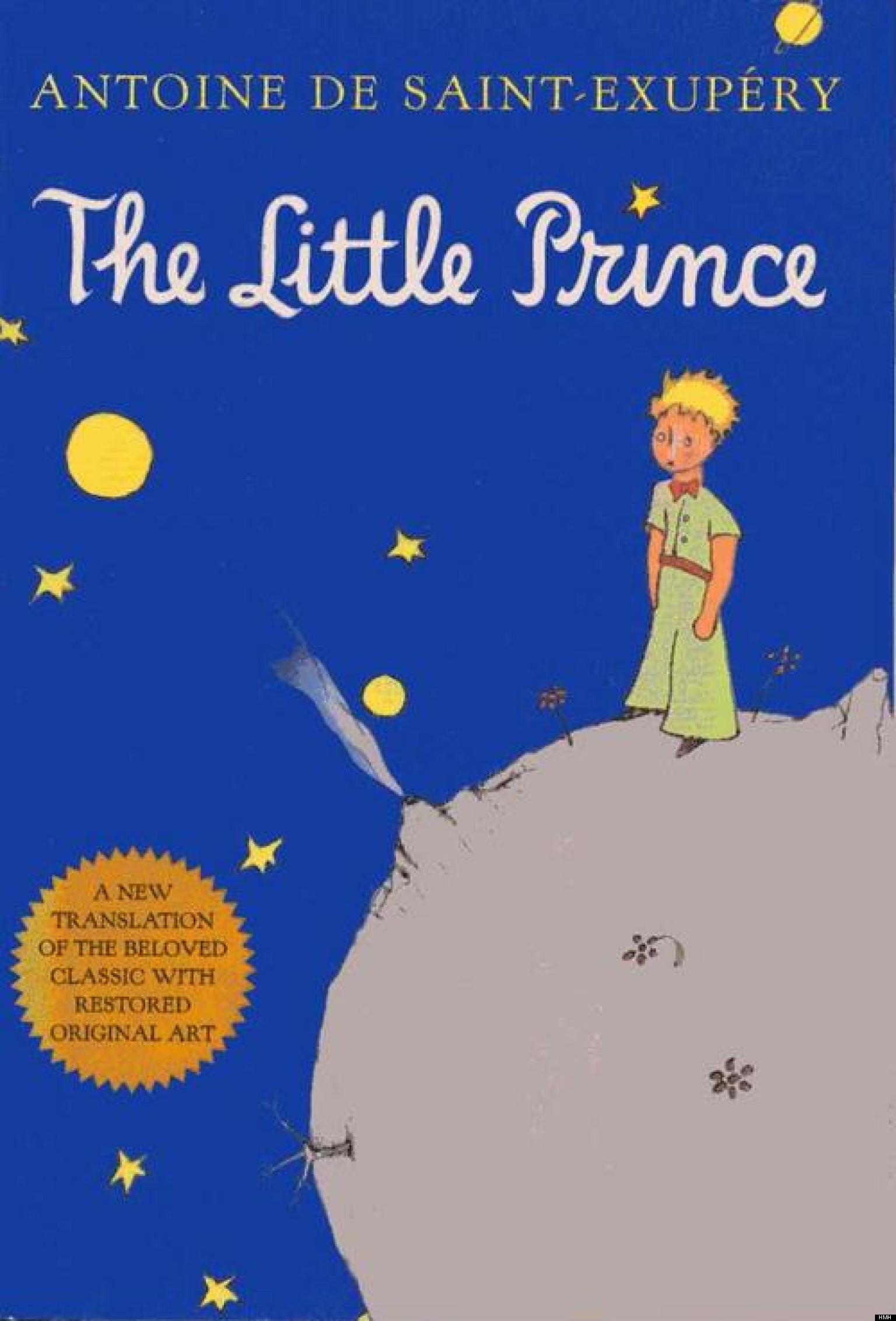As a true logophile and bibliophile at heart, I have a Goodreads account where I keep track of all the great books I have read. I think it is nice for Goodreads to create a list of the books I have read in 2014. You can see it if you click this link
and out of the list, I decided to make a list of my own Top 5 Books. I like them all almost equally, so there is no need to put numbers on them. Here it is...
Supernova: Partikel (2012)
My friend, Nirma, recommended Supernova Series by Dee Lestari nearing the end of last year. I have read four of them (and am about to read the fifth one), but this one was by far the most mind-blowing. Can you imagine a sturdy rock shattered? Or perhaps an ice river broken? I have never seen ice river breaks, but it was what I had in mind when I read Partikel. I have mentioned how I question the superficiality of Islamic ritual practice in Indonesia and how I am interested in religion/spiritual issues more than I care to admit; well, this book was the representation of all the questions I have. The shattered sturdy rock or the broken ice river was the only surface left where I could stand. I was shaken after I read Partikel. I am not saying the book's kafir, no. In fact, Dee was so brilliant that she could shake me by simply presenting the common dialogue of religion in Indonesia. Of course, my favorite part was the dialogue between Zarah and Abah. That goes without saying. This book has so big an impact on me that I now find the meanings of the Koran verses touch my heart more. I am back at zero level of learning Islam. A good start because it is only at zero level that we can learn more openly. On the other hand, Partikel is also great in terms of the sci-fi theme that strongly influenced the plot. I went through Partikel the same way I went through the movie Interstellar (2014) - only instead of gravity, Partikel has fungi. (By the way, I discussed Interstellar with some friends and coming down to amateurishly theorize that it somehow criticizes the existence of God; well, I kinda felt the same way about Partikel, although that doesn't have to always be the case).
Supernova: Akar (2002)
Akar is another book from the Supernova Series that amazed me. It was also about the religious stuff that interested me the most, but the way Dee presented it was different from the way she did in Partikel. In Akar, she made it feel so peaceful and fulfilling. It was almost as if I was Bodhi. When Bodhi was doubtful, I was doubtful. The questions I asked unanswered; Bodhi has them, too. I was especially attracted to the part where Bodhi thought a converted person must be more knowledgeable and faithful compared to the people who take religion for granted since they are born. I am not saying that we should doubt people who take one religion as their belief just because they were born under it; I'm just saying maybe not all of us truly understand the spiritual part of a religious belief because we take it as a given. After all, we were not given a choice. Converting was never considered an option; converting is judged as a betrayal to the initial religion - a betrayal to the initial group.
The Perks of Being a Wallflower (1999)
The first time I know about The Perks of Being a Wallflower was from the movie. You know, the one with Logan Lerman and Emma Watson. After watching the movie, I knew right away that I have to read the book in order to find the in-depth explanation of many things! Without any means to belittle the movie - I like the movie a lot - I still think that it left too many things hanging. That's why I grabbed my copy of the book and satisfied my need of Charlie's thorough story. The narration is done quite nicely. It's almost like The Princess' Diary, but with more twisted plot. A wallflower is an introverted person; one that is seemingly shy, and I didn't really get it the first time I watched the movie because Charlie there seemed to almost be like any other main character - bullied, socially awkward, a hero-to-be. However, the book showed me how it is to be a wallflower. I only realized it halfway through the end that after pages, the only thing I know was about his friends instead of him. Charlie was an incredibly selfless character, almost as if he's there only to observe the life around him. Believe me, you wouldn't not love Charlie after you finished this book. Way to go, Chbosky!
The Catcher in the Rye (1951)
A classic. You should've known it from the published year.
I couldn't quite comprehend the meaning of this whole book when I first read it (and I have to admit, even until now there are still parts I don't understand), but I always find my mind wanders to it. Salinger presented his work in a rather different way than other writers whose works I have read. I waited and waited for Holden Caufield to become someone who is enlightened, or someone who goes through a life-changing journey, or someone great at the end of the story; but after 100 pages Caufield was still the same whiny and somewhat jerk-y lad. You don't say, The Catcher in the Rye became a tiring book for me, for I see no use of reading it. It did not move me. But later, as my mind kept finding its way back to this book, I realize that this book has left a really strong impression. It even inspired the birth of Literature Slaves - a chain story blog I've been working on with a friend. I started to see how Salinger was a great writer; he managed to not only tell Caufield's bad weekend, but also bring us along with every step and encounter. Holden Caufield was a depressed teenager whose depression is contagious to his reader or whose depression would only be understood by someone as depressed as he. I am planning to reread it sometime soon when I am depressed.
The Little Prince (1943)
Originally titled Le Petit Prince, this Antoine De Saint-Exupery's book is also a classic worth read by both adults and children. For children, this book will be a good teacher of humanity; whereas for adults, this book can have multiple meanings. Through its simple and naked words, The Little Prince gave birth to many, many beautiful and symbolically straightforward quotes about the truth of humanity and the essence of life. This is one of the evergreen books that mesmerizes people of all ages... and make us remember the inner child we have long forgotten, as well as the beautiful world within which the child lives.
A classic. You should've known it from the published year.
I couldn't quite comprehend the meaning of this whole book when I first read it (and I have to admit, even until now there are still parts I don't understand), but I always find my mind wanders to it. Salinger presented his work in a rather different way than other writers whose works I have read. I waited and waited for Holden Caufield to become someone who is enlightened, or someone who goes through a life-changing journey, or someone great at the end of the story; but after 100 pages Caufield was still the same whiny and somewhat jerk-y lad. You don't say, The Catcher in the Rye became a tiring book for me, for I see no use of reading it. It did not move me. But later, as my mind kept finding its way back to this book, I realize that this book has left a really strong impression. It even inspired the birth of Literature Slaves - a chain story blog I've been working on with a friend. I started to see how Salinger was a great writer; he managed to not only tell Caufield's bad weekend, but also bring us along with every step and encounter. Holden Caufield was a depressed teenager whose depression is contagious to his reader or whose depression would only be understood by someone as depressed as he. I am planning to reread it sometime soon when I am depressed.
The Little Prince (1943)





No comments:
Post a Comment